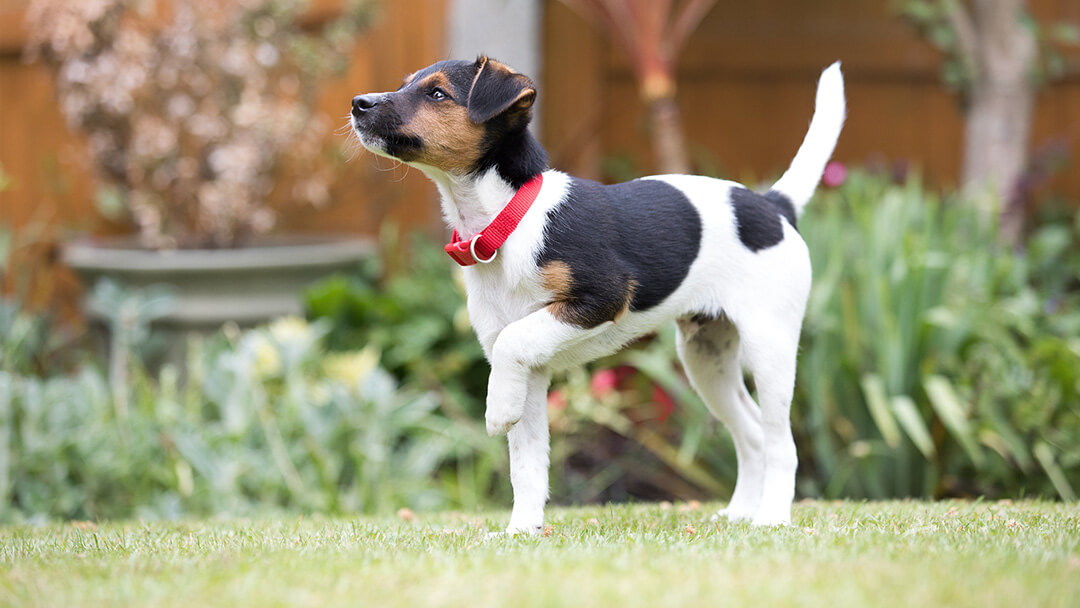
Puppies are cute and lovable, but they come with a lot of work. You have to train them not to pee and poop inside, which can be a big challenge. When you’re house-training a puppy, there are a few things you can do to make the process easier.
- Set up a schedule. Puppies need to go to the bathroom regularly, so it’s important to set up a schedule and stick to it. Take your puppy out first thing in the morning, after naps, and before bed.
- Choose the right spot. When you’re house-training a puppy, it’s important to choose a spot outside where you want your dog to go to the bathroom in. Once you’ve found a good spot, take your dog there every time he needs to go.
- Be consistent. Consistency is key when house-training a puppy. If you’re not consistent, your dog will get confused and won’t know what you want him to do. The more consistent you are, the quicker your dog will learn. You’ll both be happier in the end.
- Be patient. Training a puppy takes time and patience. Don’t get frustrated if your dog has accidents or doesn’t seem to be progressing as quickly as you’d like. Just keep at it and eventually, he’ll get the hang of it.
- Use positive reinforcement. Positive reinforcement is a great way to train a puppy. When your dog does something good, like going to the bathroom outside, be sure to give him lots of praise and treats. This will let him know that he’s doing what you want him to do and he’ll be more likely to do it again in the future.
- Avoid punishment. Yelling or hitting your dog is not going to help him learn what you want him to do. In fact, it will only make things worse and confuse him even more. Stick to positive reinforcement and he’ll eventually get it. This is the best way to house-train a puppy.
- Be prepared for accidents. No matter how well you train your dog, there will be accidents. Puppies have small bladders and can’t hold them for very long. If you catch your dog in the act, quickly take him outside to finish his business. If you find a puddle or pile inside, simply clean it up, and don’t make a big deal out of it.
- Watch for signs. Before your dog has to go, he’ll likely give you some signs that he needs to head outside. He may start sniffing around or circling. If you see these signs, take him outside right away.
- Avoid common mistakes. When house-training a puppy, there are a few common mistakes that people make. One is not taking the dog out often enough. Remember, puppies need to go frequently, so take them out every couple of hours or so to avoid accidents. Another mistake is not being consistent with the commands you use. If you tell your dog to “go potty” one day and “go poop” the next, he’s going to get confused. Choose a command and stick with it.
- Get help if you need it. If you’re struggling to house-train your puppy, there’s no shame in getting help from a professional dog trainer or behaviorist. They can give you more tips and help you troubleshoot any problems you’re having.
Training a puppy takes time, patience, and consistency, but it’s well worth it. By following these tips, you’ll be on your way to having a well-trained dog in no time.
Is it better to train your dog on your own or hire a professional dog trainer?
There are pros and cons to both methods. If you train your dog on your own, you’ll be able to tailor the training to your dog’s specific needs and personality. You’ll also save money. However, it can be time-consuming and difficult, and you may not end up with the results you’re hoping for.
If you hire a professional dog trainer, they will be able to train your dog more quickly and efficiently. They will also be able to help you troubleshoot any problems that come up. However, it will cost you money.
Ultimately, the decision of whether to train your dog on your own or hire a professional dog trainer is up to you. If you’re not sure, you can always try training your dog on your own first and see how it goes. If you need help, you can always hire a professional later on.

